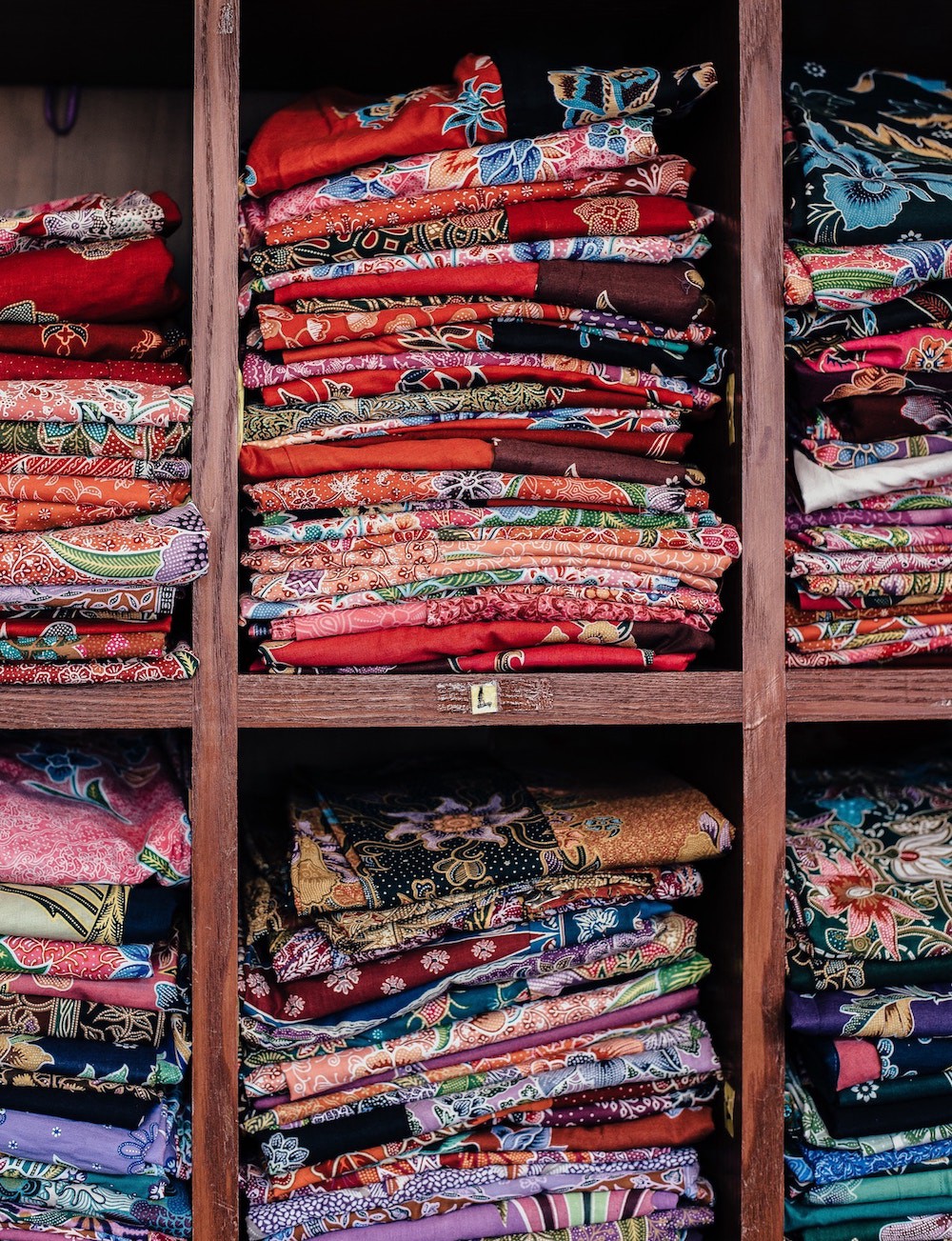Njeri and the Superplatforms
The promise of e-commerce for small business owners in Africa

Njeri is a 29-year-old single woman living in Nairobi. After high school, she drifted for a while before getting a job selling luggage at a retail chain a few years ago. She proved herself as a salesperson and was quickly promoted to manager of the store. The job wasn’t very challenging and she managed to complete a diploma in business part-time.
Recently, the store closed down suddenly due to problems at the parent organization and finding herself without a job, Njeri decided to go into business for herself. With her severance pay, she went to Tanzania to buy traditional vitenge cloths, which are popular to wear on fancy occasions in Kenya. She started selling the cloths in Nairobi and quickly discovered a set of problems that business school had taught her about, but that she wasn’t set up to handle.
First, there is the problem of finding the market. She doesn’t have the capital for a physical storefront, so she initially sold through her church groups and to the ladies in her mother’s social network who appreciate traditional clothes. But that market wasn’t large, so she decided to list her items on Facebook. This approach initially seemed promising but she quickly maxed out potential customers from her social network.
Secondly, Njeri has problems serving her market. Customers who reach her on Facebook expect delivery to their doorstep so she utilizes a delivery service. But if the customer is not home or rejects the item, Njeri still has to pay the delivery person. When she delivers the package herself, Njeri takes along extra samples and can convince customers to make a larger purchase, but she can’t entrust this upselling to an employee, much less an independent contractor like a delivery person.
Njeri experiences additional delivery costs because customers are experimenting with mobile money. Njeri doesn’t like to handle cash and insists that all her customers pay her through mobile money, which is widespread in Kenya. Since most customers won’t pay in advance, preferring to see the goods before paying, this creates failed deliveries when customers are just testing to see whether the system is working, rather than attempting to make a purchase.
On days that Njeri is busy or overwhelmed, queries pile up and she is unable to answer all the calls. Although she knows she is missing out on potential sales, there are only so many hours in the day and she can’t keep up at times, especially in the festive season around Christmas. Even when she does manage to respond, many of the leads do not convert into a sale.
Maintaining inventory is also a hassle. Some patterns are sold out while others are not selling at all. But Njeri can’t afford to travel back to Tanzania to re-stock without selling off more of her current inventory. In fact, with her capital running out, it’s not clear when she’ll be able to get back to Tanzania to re-stock, so she has less and less on display for customers, and her offering is growing stale in the fast-moving fashion market.

At the end of the day, Njeri isn’t sure the whole business is worth it. She is definitely taking home less money than in her previous job so it is hard to determine whether her business is worth continuing. Should she invest in a finding a larger market, and if so how? Should she hire a person to help with customer service and up-selling? Is she selling at the right price? Are there other items that her customers would like to buy or should she continue to just specialize in vitenge cloths? How will she manage to keep a fresh stock, and of what items?
Njeri is now thinking about listing her items on Jumia, an African e-commerce platform. Listing on Jumia could help solve some of these problems:
- Jumia opens up a larger market and would help Njeri to categorize, price and promote her products to their existing market of buyers. In fact, traditional clothing is the most active category of goods on Jumia Nigeria (although not in Kenya) so she’s in a potentially vibrant part of the market.
- Jumia handles payments, delivery logistics and customer service. Njeri just needs to be able to fulfill the orders from her inventory and get them to Jumia’s pick-up point.
- Jumia provides reports that allow Njeri to understand her business better, evaluate which items are selling best, and plan for new inventory.
- Jumia supports first-time sellers with training and software tools on issues such as managing growth challenges, implementing sales promotions, and expanding her product range.
Why is Njeri not on Jumia yet? She believes that Jumia has high charges, although she hasn’t actually checked. She feels Jumia is for “big companies” and might not be for her as an individual seller. She is also unaware of Jumia’s programs to help onboard smaller vendors.
Aside from selling on Jumia, Njeri could also make better use of other superplatforms, especially using social media like Google, Facebook, Instagram and WhatsApp to promote her business. In Kenya, these platforms do not yet offer payments integration, but she can target specific audiences with paid advertising, as well as promote her brand through active social media promotions. She could join Facebook groups that have many users to advertise her goods. However, if she promotes her products on Facebook she’ll still face some challenges: she’ll have to make her phone number public, and handle all inquiries herself. She also vulnerable to scammers since she has no way of vetting incoming requests.
Even after making use of the superplatforms to market her goods, there may be some areas where Njeri may still struggle, for example:
- Lending. Njeri needs more working capital to buy stock from Tanzania on a regular basis. ANT financial, the Alibaba affiliate that runs the payment app Alipay in China, provides small vendors with credit based on their sales history within the platform. Last year, Jumia partnered with Branch to offer small business credit to expand online sales in all countries where they have operations.
- Trust. Njeri needs to be able to re-stock from Tanzania in smaller and more frequent amounts. Regionally, digital payments work well, but Njeri and her wholesaler don’t trust each other enough to send the money or the goods without a physical handover. In China, Alibaba solves this problem with an escrow account. US-based eBay uses buyer and seller insurance, but these are internal to the platform. An independent trust management system could allow Njeri and the Tanzanian seller to trade with each other more confidently.
There is no doubt that superplatforms have landed in Africa and are entering the e-commerce market, directly and via partnerships with local players. At FIBR, a program of BFA and Mastercard Foundation, we are working with MSMEs (micro- to small and medium merchants) to understand how merchants such as small shops and offline/online retailers conduct their businesses, identify what their core business needs are, and how superplatforms can solve some of their major pain points in growing their businesses. Read about the future of superplatforms and how they might lure excluded customers and users into financial services in Africa.



